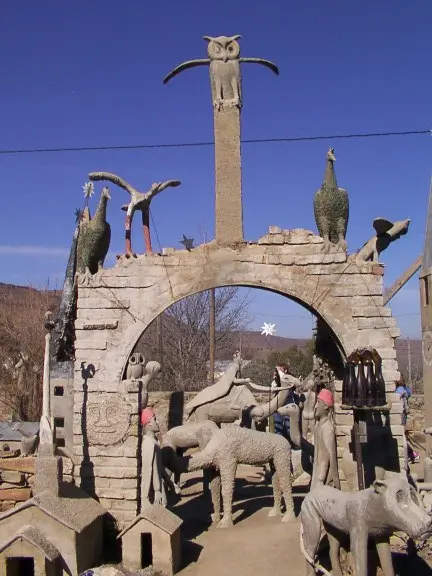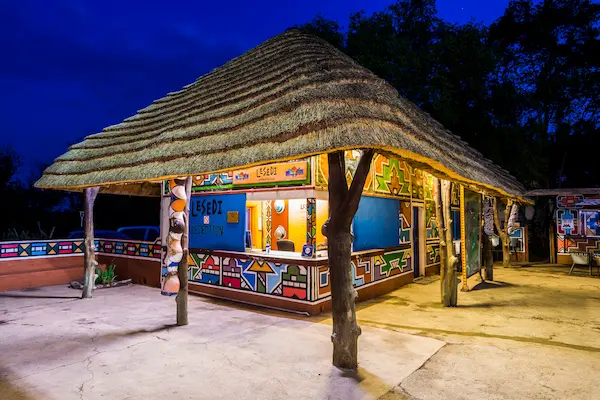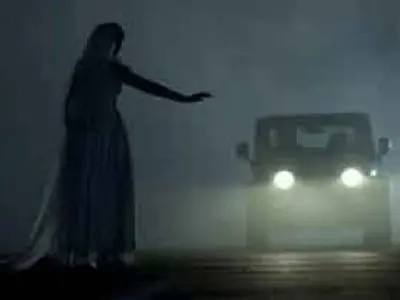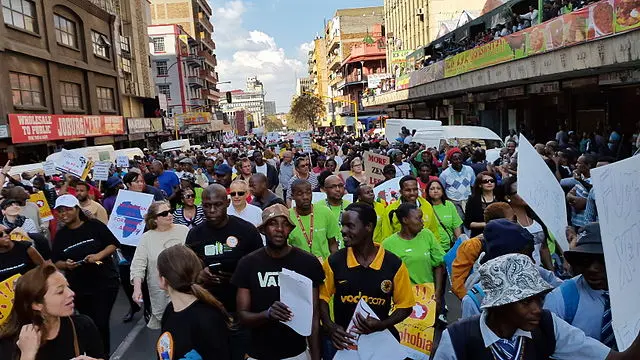Archbishop Desmond Tutu: A Beacon of Hope and Reconciliation in the Rainbow Nation
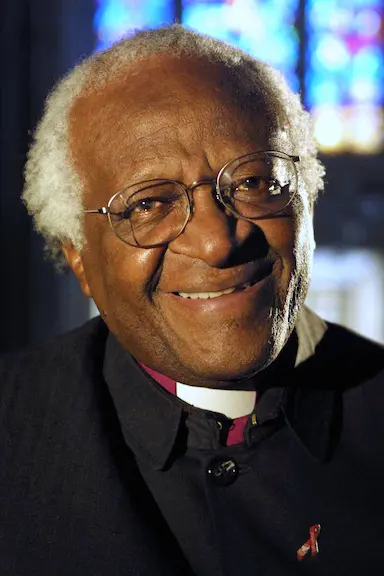
In 2010, South Africa proudly became the first African nation to host the FIFA World Cup. As the world's eyes were fixed on this historic event, a memorable moment unfolded. Archbishop Desmond Tutu, a globally recognized figure and Nobel Peace Prize laureate, took the stage at the kick-off concert held on the eve of the opening ceremony. In a heartwarming display of patriotism, he had swapped his bishop's ceremonial attire for a green-and-yellow striped beanie and scarf, the colors of the South African flag. His joy was palpable as he exclaimed, "It's like I'm dreaming, man, wake me up!"
Archbishop Tutu is renowned worldwide for his eloquent words, strong stance against apartheid, and tireless advocacy for human rights. He is credited with coining the phrase 'Rainbow Nation' to describe the multicultural South Africa. Former state president Nelson Mandela once described him as: "sometimes strident, often tender, never afraid and seldom without humor, Desmond Tutu’s voice will always be the voice of the voiceless."
Born in 1931 in Klerksdorp in the former Transvaal, Tutu's family relocated to Johannesburg when he was 12. His father was a teacher and his mother a cleaner. Following his father's path, Tutu became a teacher at the Johannesburg Bantu High School. However, he resigned after three years in protest of the Bantu Education Act. This marked the beginning of his theological studies at St Peter’s Theology College in Johannesburg. It was here that he met his future wife, Nomalizo Leah Shenxane. The couple has four children: Trevor, Theresa, Naomi, and Mpho. In 1960, Desmond Tutu was ordained as an Anglican priest.
Tutu spent many years studying in the UK, frequently returning to South Africa to deliver lectures. His vocal opposition to apartheid earned him international acclaim but also led to his passport being revoked twice by the South African government. In 1980, he was even briefly jailed. Despite these challenges, Tutu's message during the apartheid era was consistently one of reconciliation among all South Africans. His ability to unite people was evident at the funeral of assassinated SACP leader and anti-apartheid activist Chris Hani, where he managed to calm an angry crowd of 120,000 people, leading them to chant: "We will be free, all of us, black and white together!"
From 1995 onwards, Archbishop Tutu served as the chairman of the Truth and Reconciliation Commission, even while undergoing treatment for prostate cancer in the US. In addition to the Nobel Peace Prize, which he won in 1984, Archbishop Tutu has been awarded the Albert Schweitzer Prize for Humanitarianism in 1986, the Gandhi Peace Prize in 2005, and the Presidential Medal of Freedom in 2009.
Archbishop Desmond Tutu was the chair of The Elders, a group of esteemed world leaders who come together to address some of the most pressing issues of our time. Other notable Elders include Nelson Mandela and his wife Graca Machel, Kofi Annan, Ela Bhatt, Gro Harlem Brundtland, Jimmy Carter, Li Zhaoxing, Mary Robinson, Muhammad Yunus, and Aung San Suu Kyi.
In October 2010, at the age of 79, Archbishop Tutu announced his retirement from public life. He expressed his desire to slow down, spend time with his beloved wife, watch cricket, and visit his children and grandchildren. His public speeches and commentary will be both sorely missed and fondly remembered by the Rainbow Nation.

